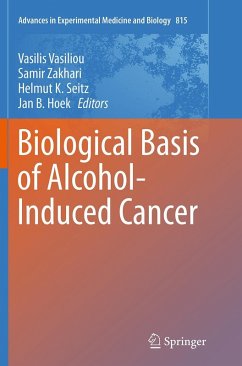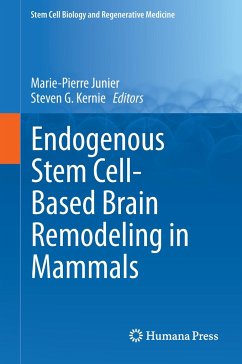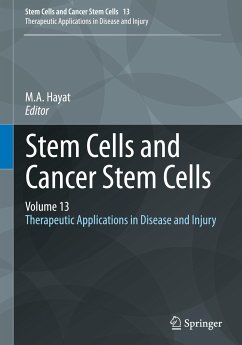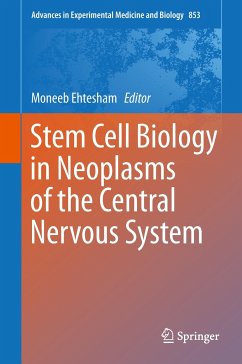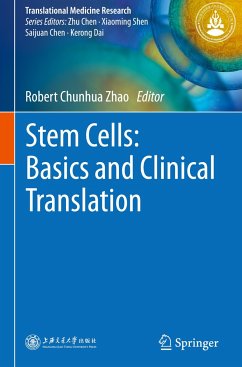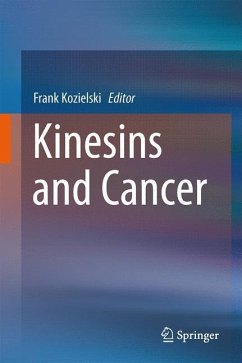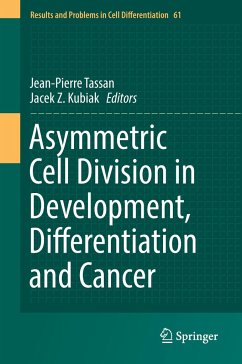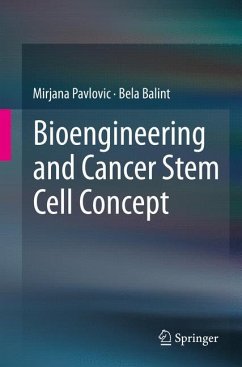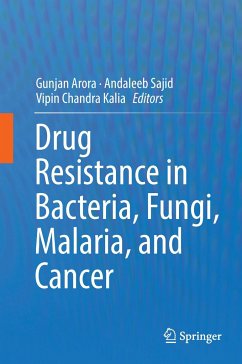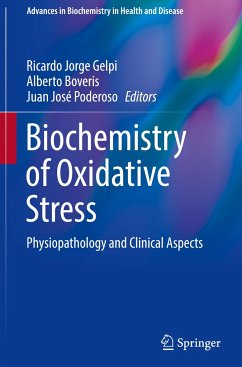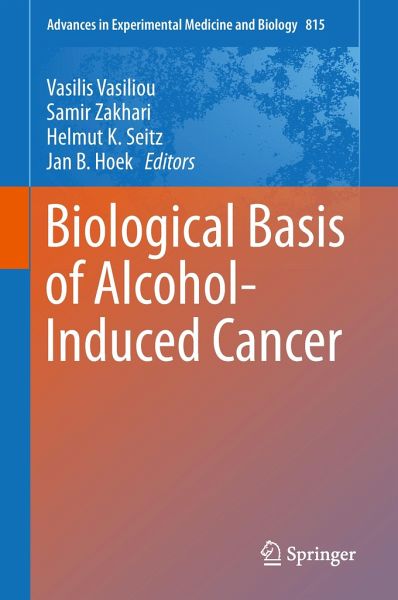
Biological Basis of Alcohol-Induced Cancer

PAYBACK Punkte
57 °P sammeln!
In the recent years, a significant amount of research has emerged connecting the link between alcohol and cancer. The field has rapidly advanced, especially since the complex connection between alcohol and cancer has several unique sub areas that are being investigated. This proceedings volume will contain chapters based upon the presentation of the 2nd International Conference on Alcohol and Cancer in Colorado, 2013. The various topics explore the affects of alcohol on: liver and breast cancer; cell signaling and cancer; stem cells; biomarkers and metabolomics; aerodigestive cancers; cancer a...
In the recent years, a significant amount of research has emerged connecting the link between alcohol and cancer. The field has rapidly advanced, especially since the complex connection between alcohol and cancer has several unique sub areas that are being investigated. This proceedings volume will contain chapters based upon the presentation of the 2nd International Conference on Alcohol and Cancer in Colorado, 2013. The various topics explore the affects of alcohol on: liver and breast cancer; cell signaling and cancer; stem cells; biomarkers and metabolomics; aerodigestive cancers; cancer and the immune system and more.




